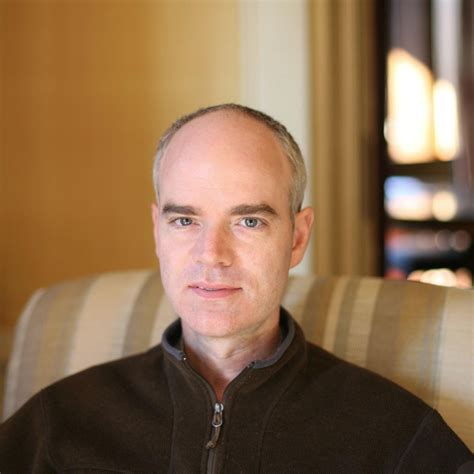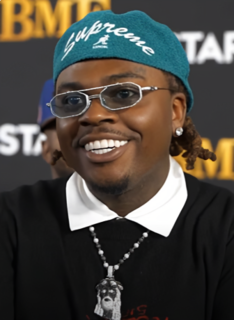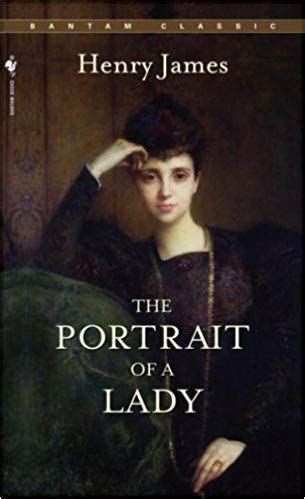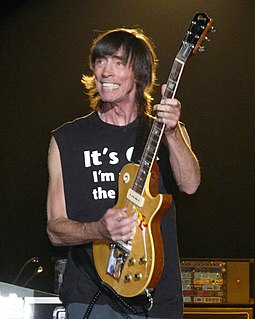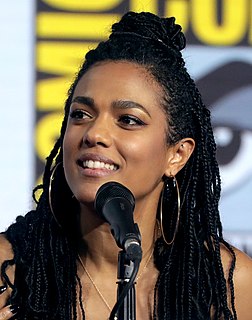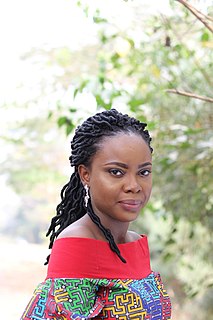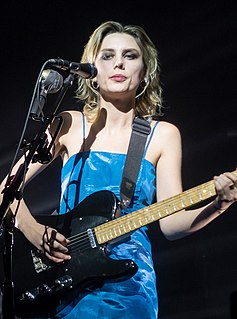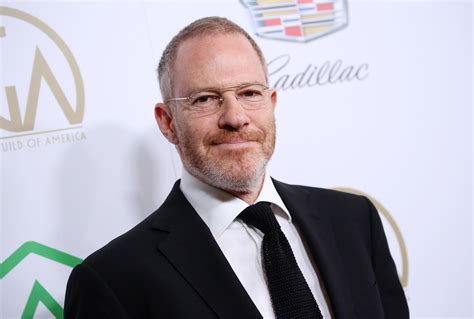A Quote by Charlie Kaufman
I try when I'm writing to leave enough "space" for people to have their own interpretation, and not to direct it toward one conclusion. Then the audience would not be reacting, because they are being preached to or lectured at. I don't have that much to say that I think people should listen to me.
Related Quotes
After a while, being so honest and so vulnerable on the page ends up affecting my own kind of self possession in the world, because I am not afraid of myself and my own thoughts. I think so much of being a woman, of being a social being, of being polite, is quieting those thoughts. There's so much we try not to say as we go through the day. There's a lot of tempering and self-editing. It is a relief to make writing that space where I don't need to do that.
I got my own sound in Atlanta because I don't listen to anybody's music. When you listen to people's music, you start to say stuff they say as an artist because that's what you've been listening to. Me, I don't listen to anybody. I support, but I don't listen, because I don't want to run with someone style. I do my own thing.
I am no theologian. I am a layman. I am among those who are preached to, and who listen. It is not for me to preach. I should not willingly forego being a listener, a man who reads the Gospels and then listens to what others say that our Lord meant. But sometimes a listener speaks out, and listens to his own voice.
One of the good thing about theater in the states, is that the playwright we do have a say, especially in the beginning, when the play is being discussed around the table. We talk about the play, and the actors listen, and there have been cases, you disagree on something... I mean, actors don't usually tell you what they're going to do, they do it. Of course, you try to speak with the director and say, "Is there any way you can bring this actor to do something different?" You try as much as you can, but then, you also have to be open to interpretation.
I would hate to say as a non-African-American person that it would be wrong for a black person to direct white people in a movie. Wouldn't that be awful of me to say that? The only sympathizing thing I might say for people that want to [grumble] is that a filmmaker should have an understanding for the place where the people you're portraying are coming from.
I found a lot of comfort in the fact that 30-odd people have been companions before me. I think that when there are so many people contributing so many things to the show, all you can do is make it your own. You can't try to emulate anyone, because who would you pick? The companions are very much the everyman, and the audience watches the story through their eyes, so they could be the person next door. And everybody's different.
It's something that's difficult to explain but I think all writers work this way to some extent, whether we're aware of it or not. For me, writing has little to do with thinking. I don't want to control the narrative. I listen to the rhythm of the words and dialogue and try to give the characters the space in which to say and do what they want without intervening too much.
I think it's incredibly important to vote because politics is for the people, and we shouldn't leave it just to the parties because then we're in some kind of helpless society where you have no say in anything and in things that are going to affect you. Government was formed to represent the people, but if you don't vote, then you're not being represented.


